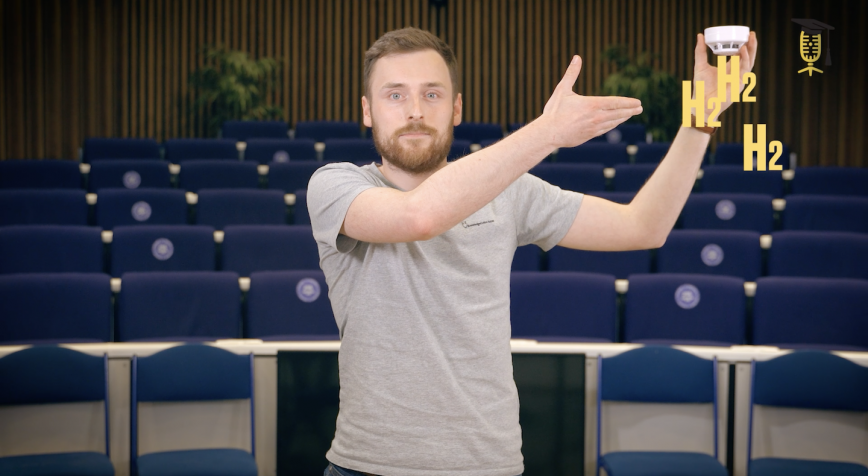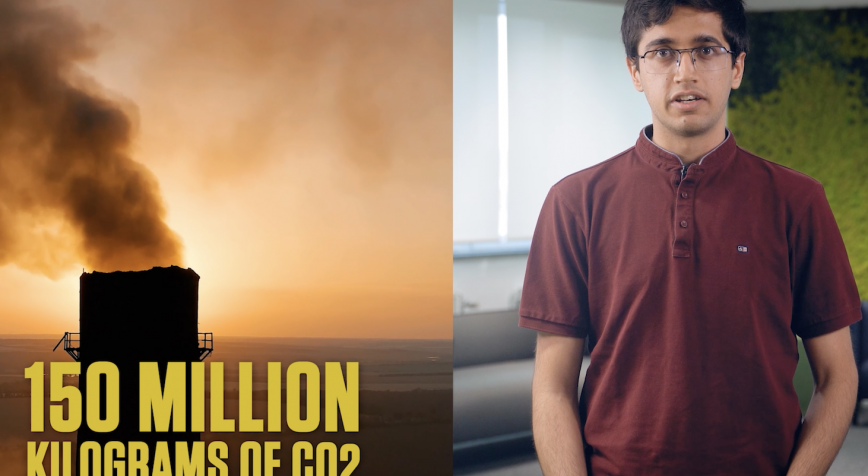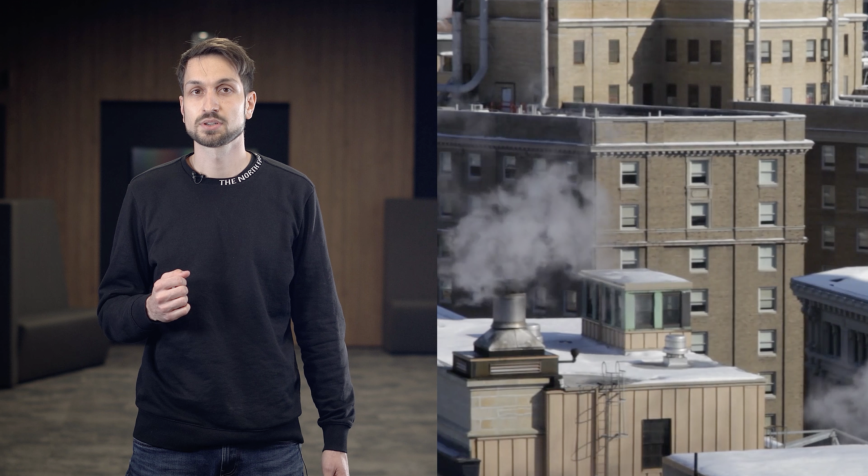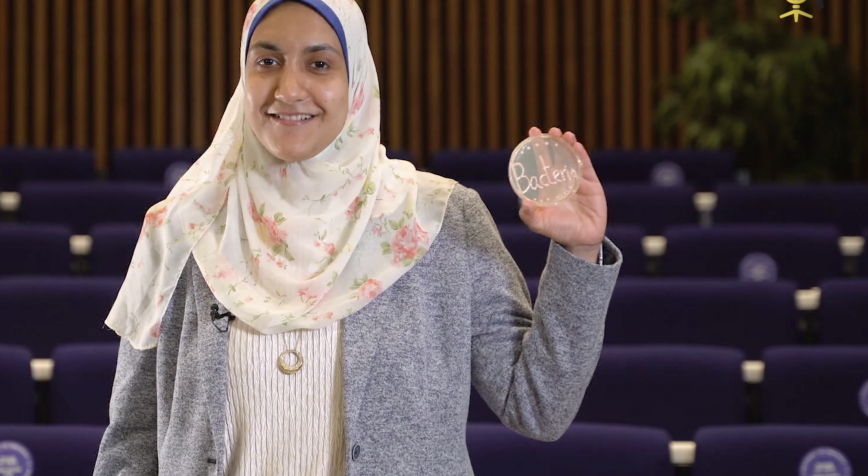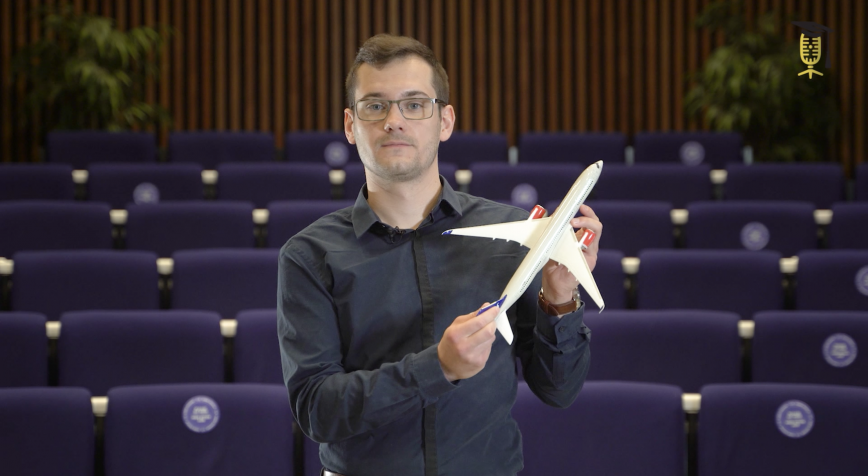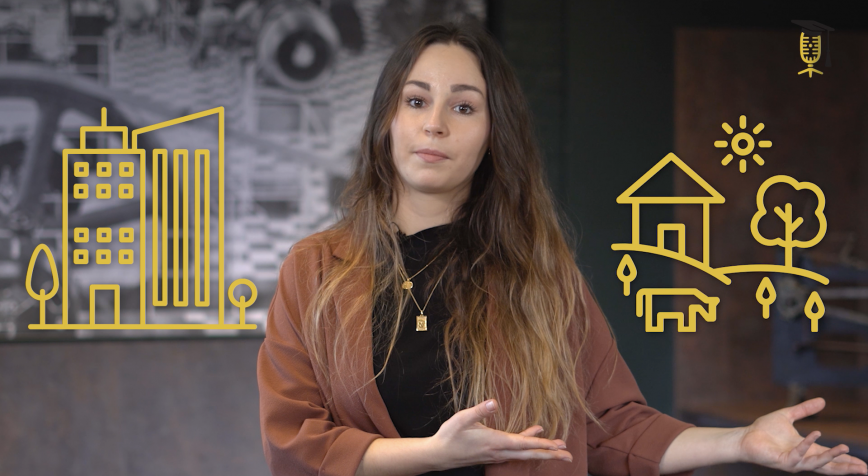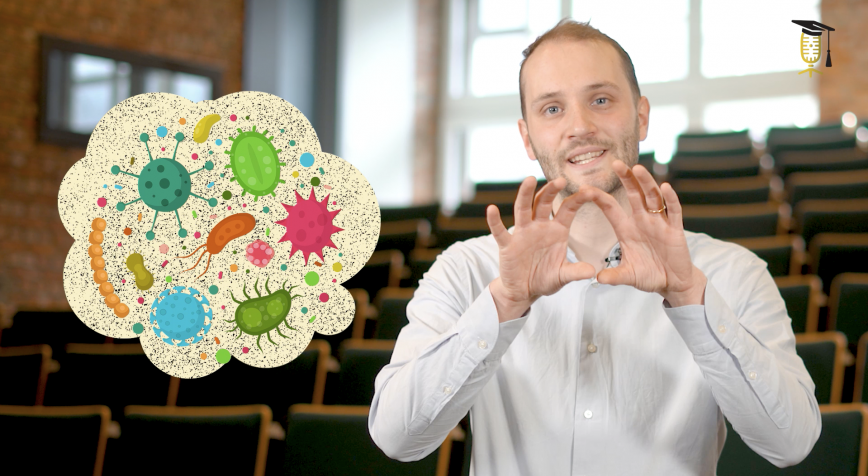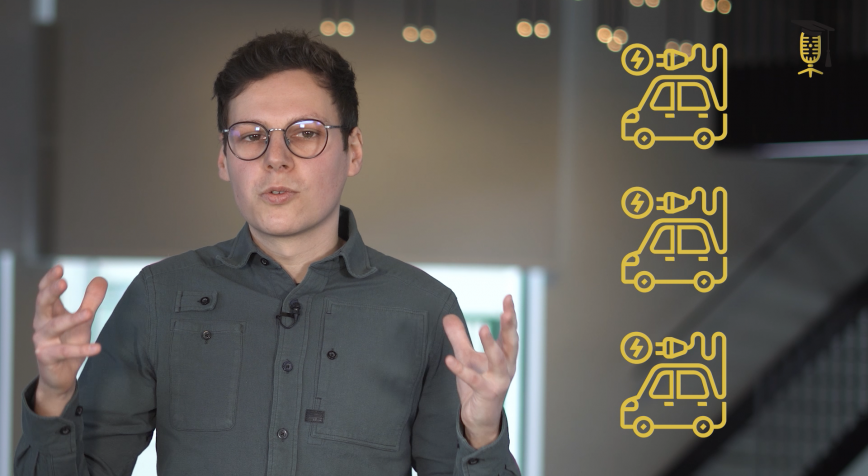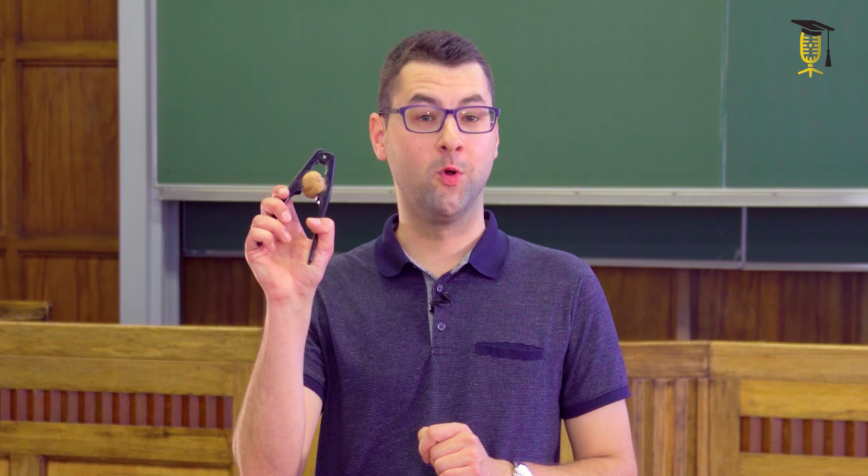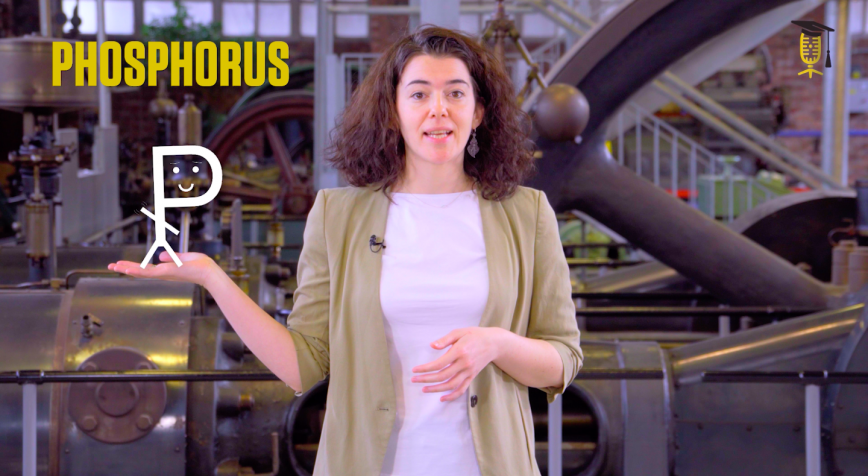
VUB
3D-printed concrete can be strong and energy-efficient
Did you know that we can build bridges out of concrete with a 3D printer? Yet, this promising technology still faces challenges before it can reach its full potential and be widely used in construction. VUB researcher Yanjuan Chen explains what these challenges are and how she's working to help overcome them.
